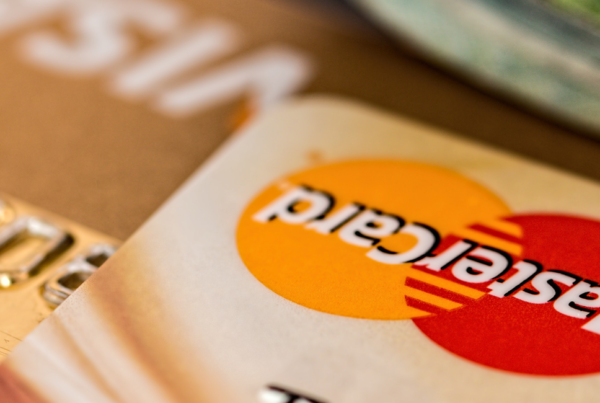
Does your debt die with you?
The short answer is yes… but your family may still suffer as a result of your unpaid debt. Suppose that you own a home where your family continues to live after your passing. That home is an asset, and considered part of your estate.
The individuals estate is used to satisfy outstanding debts posthumous. In some situations, a family could be left with two choices; pay the creditor, which often requires selling the home, or take over the mortgage payments if an agreement can be made with the bank.
There’s extenuating circumstances as with most financial matters. For mortgages specifically, if there’s a joint owner or the house is left to a family member, that party becomes responsible. This doesn’t necessarily mean bad news for that party. There are federal laws in place that prevent lenders from forcing the new owner to pay off the mortgage. In many cases, a family member or inheritor can simply take over the mortgage payments.
Home equity loans are not quite as easy, with lax laws preventing lenders from demanding the full price of the asset. There are cases when the lender may agree to work with the new owner, but this is not guaranteed as in the case of a mortgage.
What about unsecured debt, like credit cards?
Credit card debt will also be settled out of the deceased parties estate, with one big difference. When the estate runs out of money, the creditor can no longer recover the debt. Because credit cards are unsecured, there is no collateral left once an estate has been exhausted… thus, the creditor takes the loss.
This does not, however, apply if there is a co-applicant on an unsecured debt. The debt transfers to the co-applicant under the same conditions and repayment terms as the original payer. The co-applicant would then be responsible for that debt as if it was their own. Be sure to check out our dangers of co-signing article for more insights on this.
When are other responsible for the debts?
There’s a few scenarios where a third party will be responsible for a debt. If you cosigned for a loan with the deceased party, the responsibility would transfer to you. This is also the case for joint account holders. In addition, there’s a number of states, referred to as community property states that pass responsibility to a spouse based on whether or not the debt predated the marriage.
Your best bet is to take care of your debt first.
Getting life insurance is a great way to protect your family and kids after your death. In addition to your estate, a good life insurance policy will cover everything in the case of you or a loved one’s death.
Many times our own clients enter a debt settlement program in their later years to ensure nothing is left behind. A program like this can eliminate debt in just a couple years and give you peace of mind.





